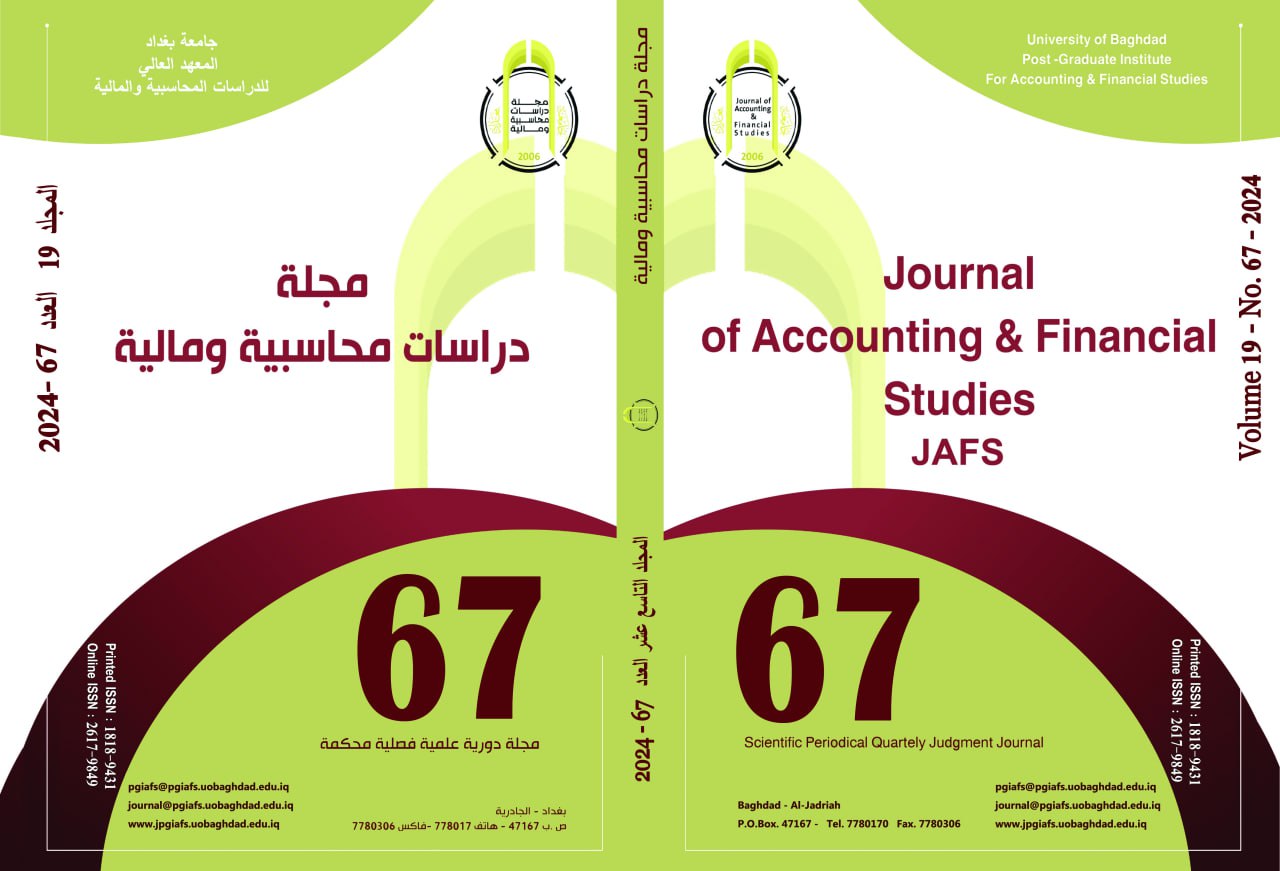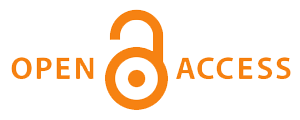The integrity and objectivity of internal auditing in accordance with international standards issued by (IIA) and its impact on the effectiveness of audit committees
Applied research in the Central Bank of Iraq
DOI:
https://doi.org/10.34093/h923rv88Keywords:
internal audit, internal audit integrity, internal audit objectivity, audit committeeAbstract
Abstract:
The research aims to demonstrate the extent of internal auditors’ commitment to integrity and objectivity in accordance with international standards issued by (IIA) and its reflection on the effectiveness of audit committees in achieving this commitment in the Central Bank of Iraq. In the practical aspect, the researcher adopted the descriptive analytical approach, presenting and studying the discovered cases, as well as adopting a checklist that included a set of questions that fit the problem, importance, and hypothesis of the research and was distributed to the research sample consisting of employees of the Internal Audit Department at the Central Bank of Iraq to reach and interpret the results. The research reached a set of conclusions, the most important of which are: 1- Internal auditors at the Central Bank of Iraq are committed to the integrity and objectivity of internal auditing in accordance with international standards issued by (IIA), by ensuring that the tasks assigned to them are carried out in accordance with the law and professional requirements, so that they can provide Professional, neutral and unbiased reports and judgments regarding the work they perform, and they do not participate in illegal acts that lead to harming the reputation of the Central Bank of Iraq and the profession it practices. 2- The Audit Committee at the Central Bank of Iraq has an active role in achieving the internal auditors’ commitment to internal audit ethics in accordance with the international standards issued by (IIA) by reviewing the internal audit charter and ensuring that there is an approved guide to the rules of professional conduct that is followed by the internal auditors. In addition, internal audit is professionally linked to it, which helps enhance the independence and impartiality of its work. The research also included a number of recommendations, including 1- The need for the audit committee to ensure the integrity and objectivity of the internal auditor when performing his assigned tasks on a regular and continuous basis in order to ensure the fairness and impartiality of his judgments and the approval of his reports in performing its supervisory and oversight tasks over the system of internal control, risk management, compliance, and governance. The necessity of supporting the internal auditor’s commitment to integrity and objectivity in accordance with international standards issued by (IIA) by adopting and providing material and moral incentives that honor the diligent and honest auditor, among others.
Downloads
Published
Issue
Section
License
The copyright is transferred to the journal when the researcher is notified of the acceptance of his research submitted for publication in the journal.



